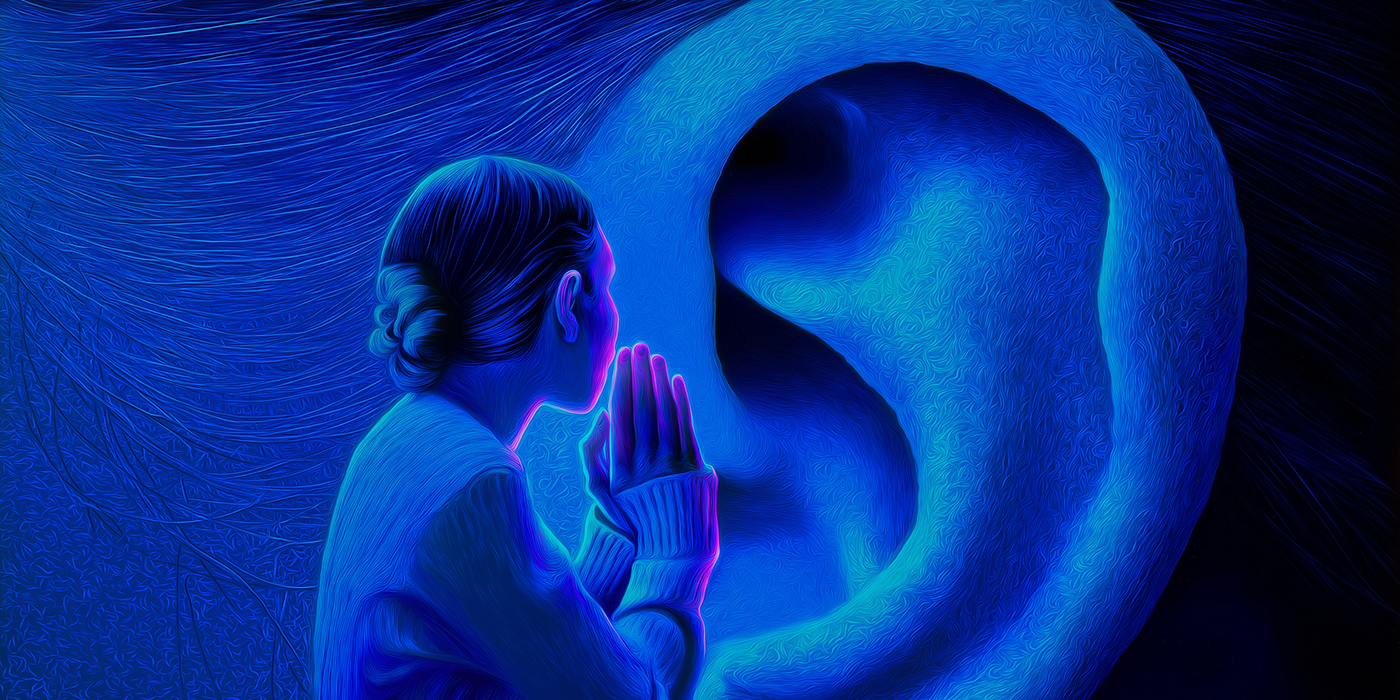
Recovery radically changed how he celebrates Father’s Day.
I used to think Father’s Day was about waiting for my children to shower me with drawings, or words that would make me feel like a good father. I thought it was a day to sit back and receive—to be told that all my sacrifices were noticed, my sleepless nights appreciated, my worrying understood.
But something has shifted in me.
This morning I sat with my youngest. She asked, “Are you happy, Papa?” I realized that my greatest gratitude today is not for what I get, but for what I am allowed to give.
I am grateful to be a father—to be trusted with these small souls. Grateful for every tantrum, scraped knee, bedtime story, and silent prayer whispered over their sleeping heads. Grateful for the chance to serve them while they are young enough to need me so completely.
My heart aches for fathers who, by separation or divorce, cannot experience this closeness daily. I know the hollow space they feel at night when they wish to tuck a child in but cannot. Today, I hold them in compassion. I forgive myself too, for every time I have failed, every time I tried to look perfect when what my children needed was an honest father, not a flawless one.
When my father wasn’t around, God sent me other fathers:
My uncles, who showed up at school events when my father couldn’t. They played cricket with me in the evenings and sat by my side helping me with homework when numbers and grammar tied my head in knots.
My grandfather, who played chess with me, let me win again and again—until he got tired of losing and taught me how to lose with grace.
My Chachan—an old family friend, now in his eighties—who still calls to pray for me. He brought up his own children alone after losing their mother. One of them is now a retired doctor, with grandchildren of his own; the other became an engineer, then an architect, building beautiful, honest houses for those who couldn’t afford them. They are of a different faith, but it never stopped Chachan from fathering me in spirit when I needed it most.
And Ayah—my wife’s father, bless his soul—who taught me how to let go when children make decisions against our wishes. He welcomed me and my wife back into his home when pride could have shut the door. He showed me that a wise father does not interfere in the lives of his grown children, especially in their marriages. Ayah left this world in 2023, but his quiet lessons still guide my hands and heart.
I think about my own father, a man who was never home. I used to carry resentment like a stone in my gut. But recovery taught me to look deeper: This man is perhaps spiritually sick. “Though we do not like their symptoms and the way these disturb us, they, like ourselves, are sick too. We ask God to help us show them the same tolerance, pity, and patience we would cheerfully grant a sick friend” (AA 66-67). Forgiving him has freed me to father my children differently—not perfectly, but freely.
Today, Father’s Day is not so much about being thanked but about giving thanks. It’s about service: mending my relationship with my young ones when I fall short, apologizing, and giving hugs. It’s about trusting the “Great Reality deep down within us” (AA 55) —the Light that says: “You can begin again. You can show up better today.”
As I grow into this new understanding, I find that fatherhood is less about control and more about companionship. Less about ruling and more about being willing to bend, to listen, to forgive myself, my father, and any father who could not stay whole for his children.
So today, I celebrate by being useful to those around me—by cooking breakfast, answering a curious question, offering my lap again, and continuing to learn to serve gently, day by day.
Father’s Day, for me, is this: Not waiting to be celebrated, but living in gratitude for being trusted with little hearts. Not expecting thanks, but giving thanks for this role I never deserved, yet was freely given. Not demanding love, but pouring it out, because the real gift is seeing it shine back in their eyes.
Happy Father’s Day—to every father, father figure, and gentle man who chooses to serve rather than be served.
Bachan A., Kochi, India






